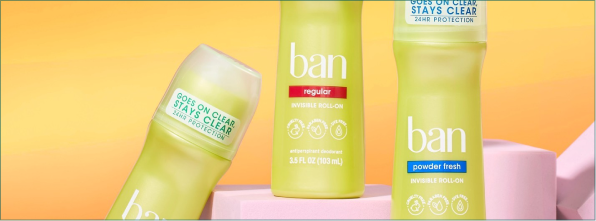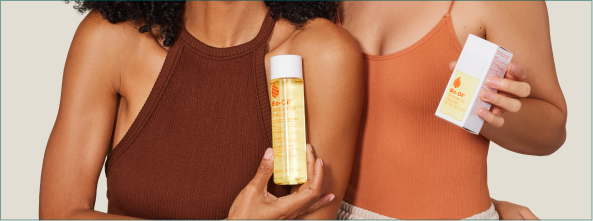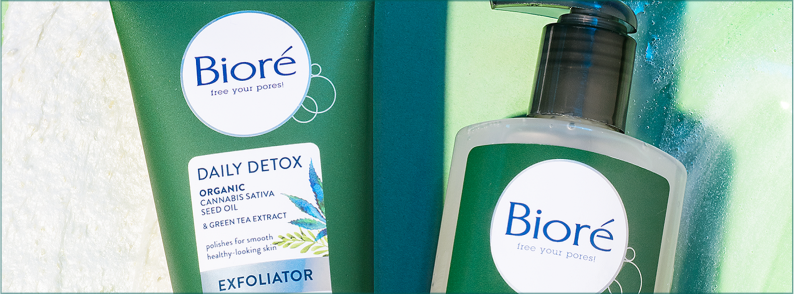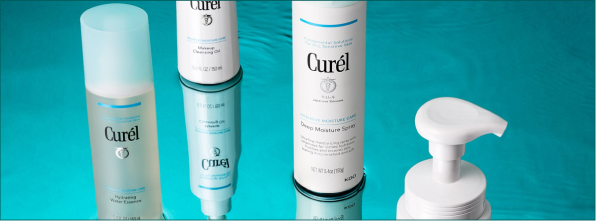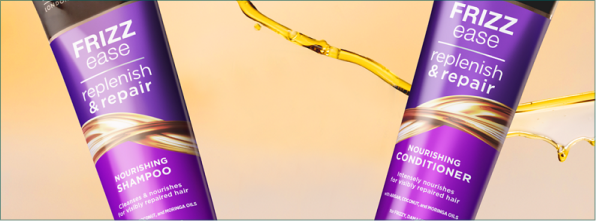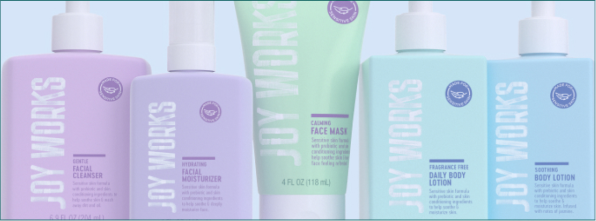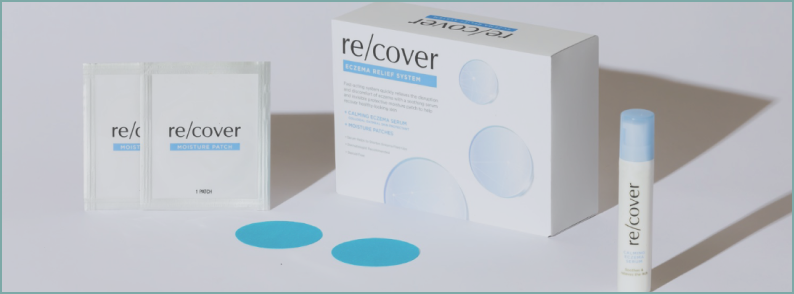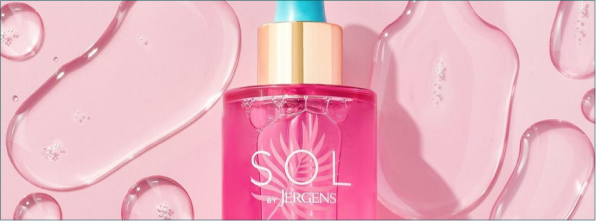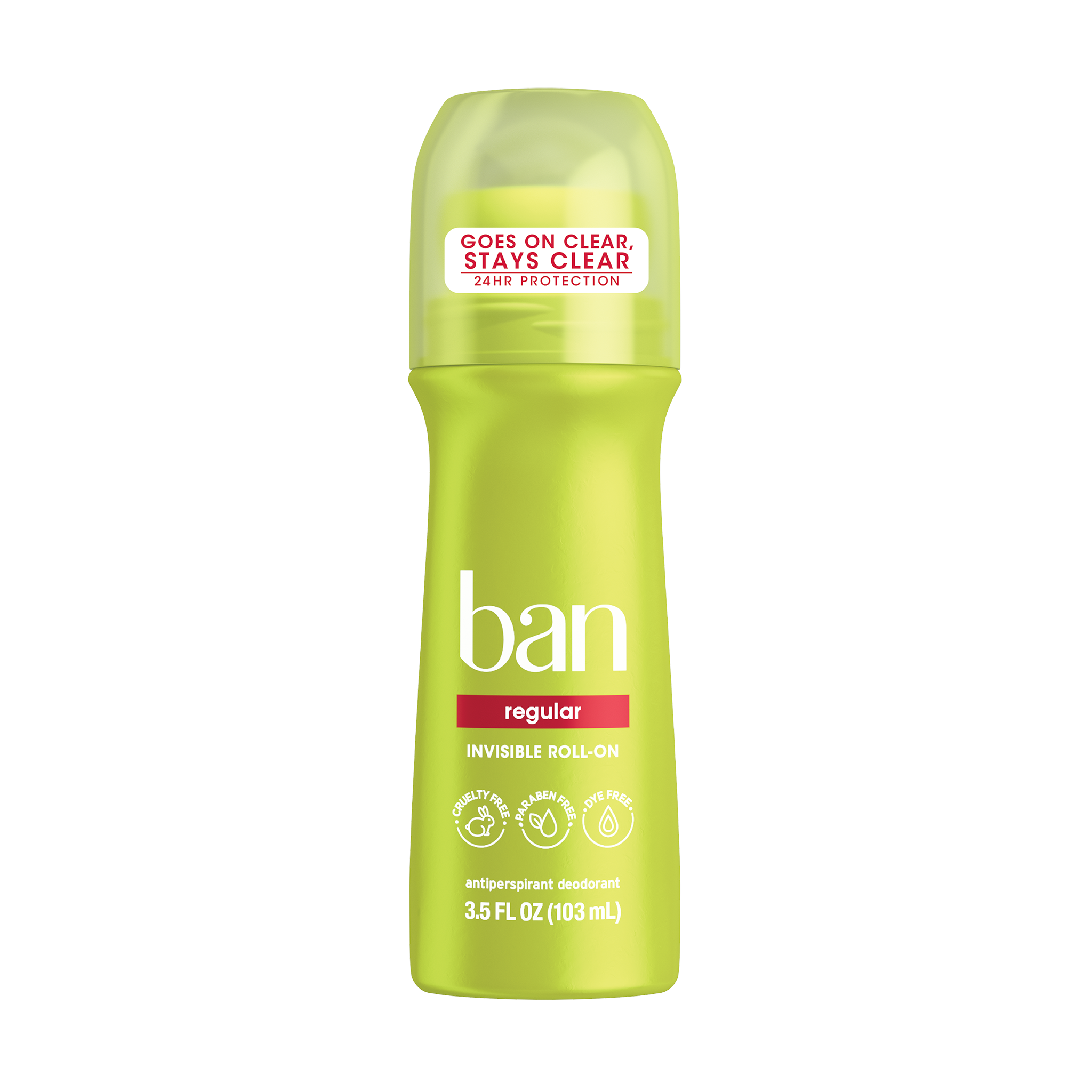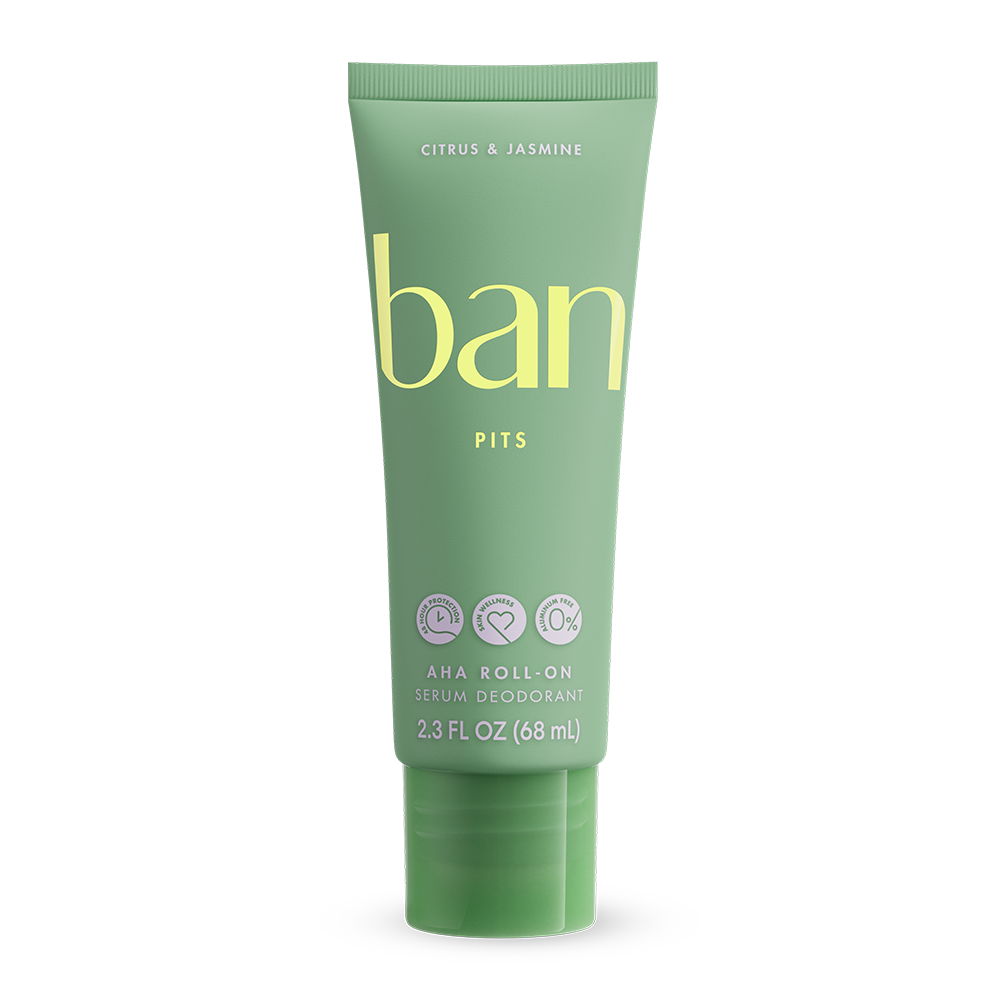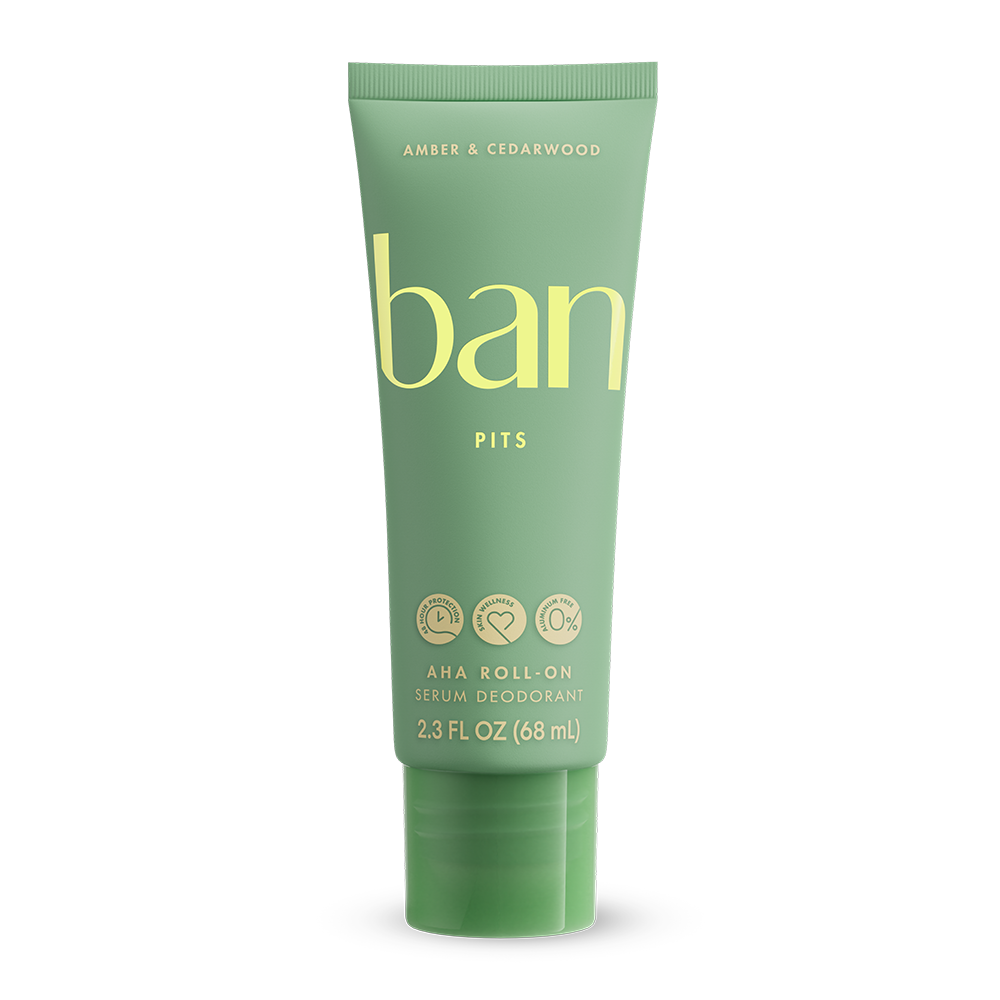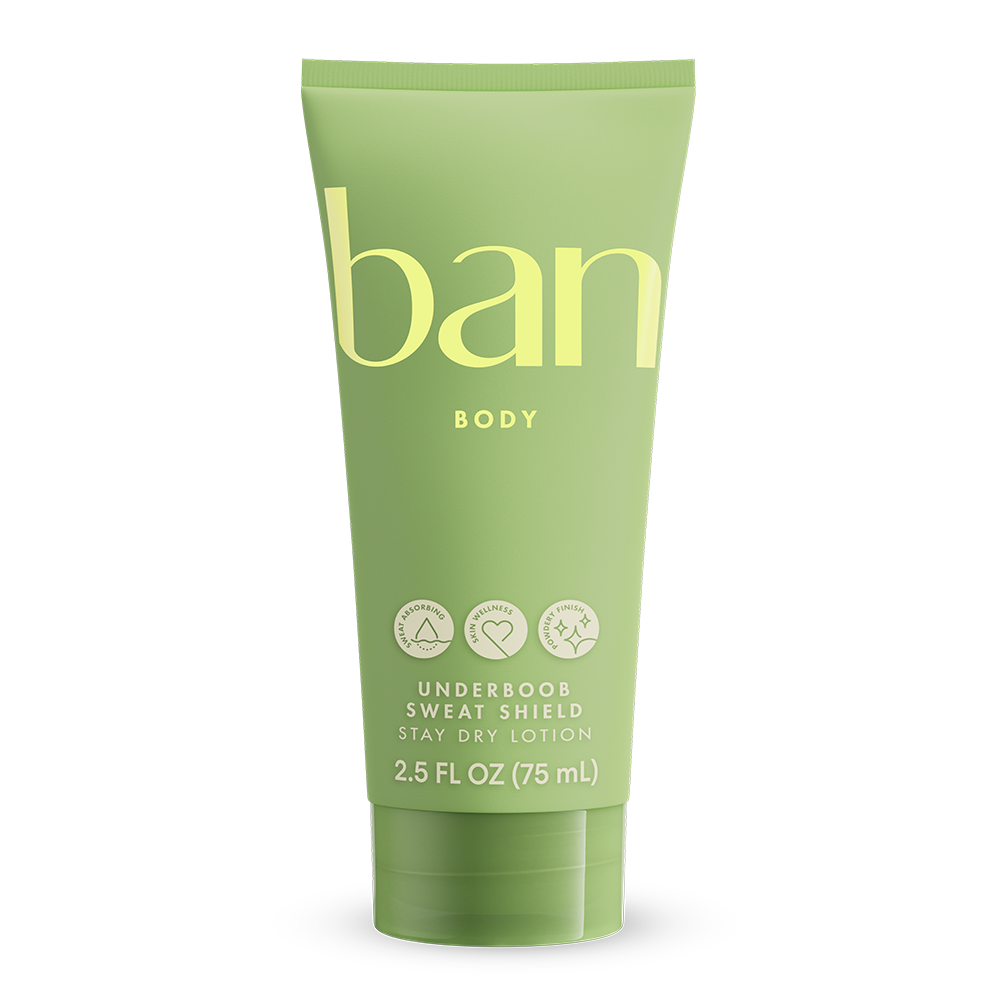Parabens In Deodorant: The Truth You Didn't Know

Are you a health-conscious shopper? You’re not alone — in the past five years, the number of people who identify as health-conscious has doubled, according to a recent study. If you’re like many of these shoppers, you probably have a list of substances you try to avoid.
In addition to choosing healthier food and drinks, consumers are increasingly using the same criteria when choosing household and personal care products. After all, your skin is the largest organ in your body, so you want to make sure you’re only putting safe substances on it.
In the past decade or so, a host of ingredients commonly found in cosmetics, body lotions, deodorants, and other beauty and bodycare products have been added to many consumers’ “do not buy” list. These include parabens, which have become highly publicized — and vehemently vilified — ingredients in personal care products today. But what are parabens, and are they really as bad as they’ve been made out to be?
Here, we take a deeper look at parabens in antiperspirant/deodorants and provide both sides of the real story.
Shop Paraben-Free Deodorant
What Are Parabens?
Parabens are a class of chemicals commonly used in beauty products to prevent the growth of fungi (mold), bacteria, and yeast, contaminants which can make people sick. Preservatives are included in products to prevent contamination during production and usage by consumers. In the rare cases that contamination is discovered, the products are recalled from the marketplace. So why, then, are parabens considered “bad” — and should you avoid products that contain them?
Parabens are a class of chemicals commonly used in beauty products to prevent the growth of fungi (mold), bacteria, and yeast, contaminants which can make people sick.
Similar to the controversy around whether antiperspirants are bad for you, the hubbub over parabens may not be entirely earned. But even as many scientific studies show that parabens are safe ingredients in skincare products, the court of public opinion has handed down a different verdict.
Do Parabens Behave Like Estrogen In The Body?
The main criticism of parabens is that they mimic the naturally occurring hormone estrogen. A female sex hormone, estrogen is responsible, in part, for breast and sexual health, brain health, and the health of your cardiovascular system, among other very important functions. In men, estrogen regulates sex drive and sperm production.
The main criticism of parabens is that they mimic the naturally occurring hormone estrogen. A female sex hormone, estrogen is responsible, in part, for breast and sexual health, brain health, and the health of your cardiovascular system, among other very important functions. In men, estrogen regulates sex drive and sperm production.
The right amount of estrogen is essential for good health — it’s beneficial for your cholesterol and blood sugar levels, bone density, circulation, and collagen production. Low levels of estrogen, however, can contribute to medical conditions like osteoporosis, anorexia nervosa, and infertility. It can also cause symptoms like fuzzy-headedness, difficulty concentrating, and trouble sleeping.
But like many other hormones, chemicals, and even nutrients, too much of it can be harmful. When there’s too much estrogen in your body, various conditions can result in both men and women, such as breast cancer, polycystic ovary syndrome (PCOS), fibroids, and other issues.
The concern about parabens is that since they behave like estrogen, they might cause or worsen conditions associated with high levels of this hormone. One of the most frequently asked questions about parabens in deodorant is whether they’re absorbed into the body through the skin — and whether they increase the risk of breast cancer.
While parabens can be absorbed through the skin — and research shows that parabens do appear to behave a bit like estrogen — the effects are too weak to result in negative health outcomes. In fact, the hormone-like activities of parabens that have been observed in laboratory animal testing are 100,000 times weaker than the effects of hormones naturally present in humans.
While parabens can be absorbed through the skin — and research shows that parabens do appear to behave a bit like estrogen — the effects are too weak to result in negative health outcomes.
Not only has science shown that parabens are safe in the levels found in common products, but so has the federal government. To date, the research on possible reproductive effects of parabens has been inconclusive — and government health agencies and expert scientific panels have concluded that they are safe to use in cosmetics and personal care products, including deodorant. They’re even safe to eat — parabens occur naturally in produce like cucumbers, cherries, carrots, and onions. For parabens in cosmetics, the effects are too weak to increase the risk of breast cancer.
Paraben Regulations In The U.S.
Antiperspirant deodorants are combined drug and cosmetic products, and they are required to meet regulations for both product categories. The Food and Drug Administration (FDA) has strict rules and regulations around ingredients in cosmetics and over-the-counter drugs, including antiperspirant deodorants.
Preservatives like parabens in cosmetics are treated by the FDA like other ingredients in beauty products, and they’re regulated the same way:
- Misbranding isn’t allowed. Companies can’t claim they’re using one ingredient if they’re using another. All beauty products must be properly labeled or the FDA can take legal action.
- Cosmetics must be safe for consumers when used according to the directions.
- The FDA can — and does — remove any cosmetic from the market for safety reasons. In order to pull a product off the shelf, the FDA must have scientific evidence that it’s dangerous or unsafe when used in a normal manner.
The FDA allows parabens to be combined with other preservatives, which protects the product — and the consumer — against a wider array of harmful fungi (mold), bacteria, and yeast. The most commonly used parabens are propylparaben, butylparaben, methylparaben, and ethylparaben. You can easily determine whether there are parabens in deodorant with a quick check of the ingredients list.
Parabens In Ban® Deodorant
Scientific data has shown parabens to function as endocrine disruptors, but they are 100,000 times weaker than the estrogen naturally occurring in humans. The studies also show parabens that are used in cosmetics do not cause cancer. Just as naturally occurring parabens in fruits and vegetables can be safely consumed, cosmetics with parabens can be used safely.
At Ban®, we want to ensure all of our customers feel safe using our antiperspirant deodorant products. We recognize that some consumers choose to avoid using parabens. We can confirm that none of our products are or have been developed with parabens.
We believe that, sometimes, what’s not in the formula is just as important as what is. Our ban on parabens in antiperspirant and deodorants makes Ban® a top choice for consumers seeking to avoid these ingredients.
